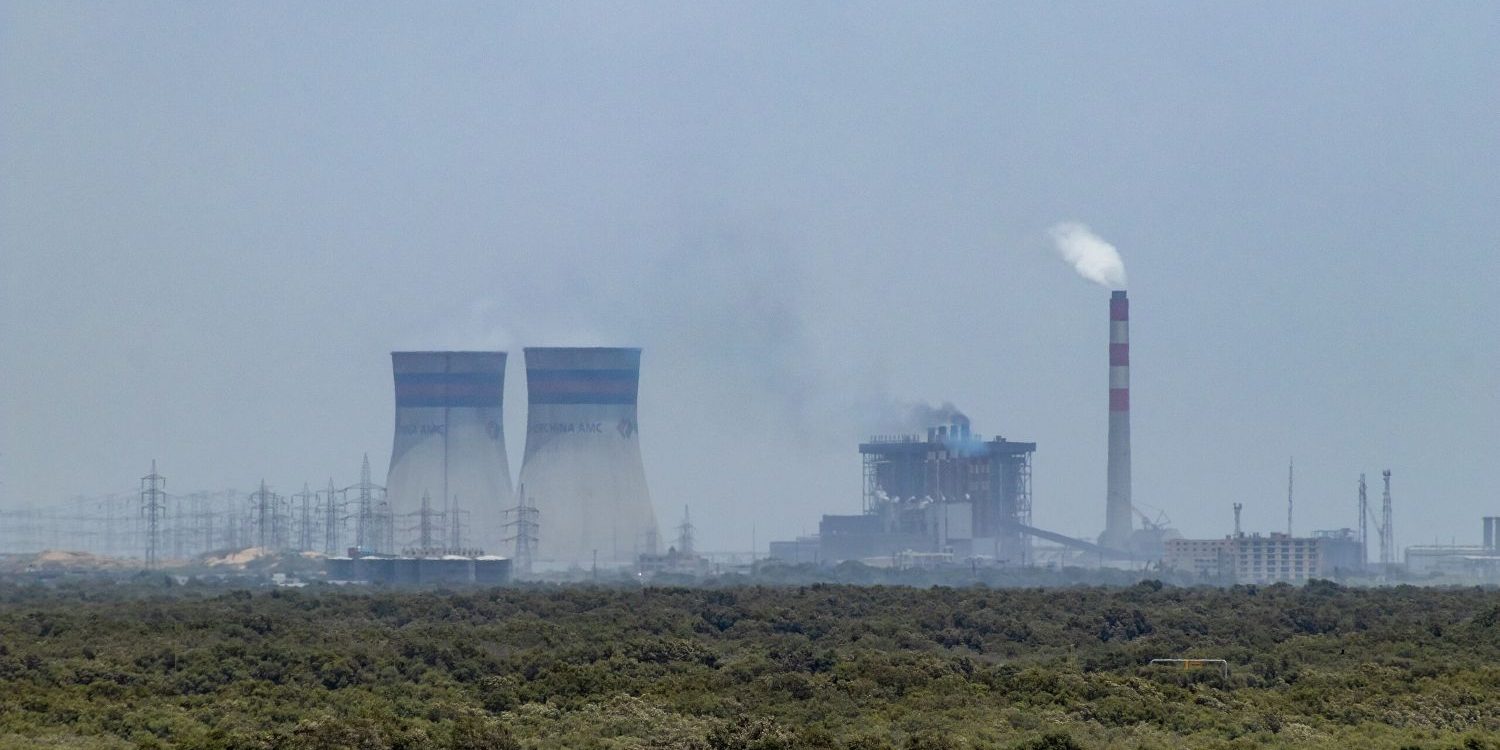Climate News: Nations can be held legally accountable for greenhouse gas emissions, says ICJ in landmark ruling
The International Court of Justice (ICJ) has ruled that countries have a legal duty to prevent climate degradation. The advisory opinion, delivered by the United Nations’ (UN) highest court, opens the door to potential legal action against high-emitting nations.
The court clarified that states have responsibilities to address climate change under international law, not just climate-specific treaties. This strengthens commitments under existing frameworks, like the 2015 Paris Agreement, but also imposes duties on countries that have not signed up to these agreements.
Significantly, the court found that states could face legal consequences for failing to prevent climate-related harm. The decision has been hailed as a victory for smaller, climate-vulnerable nations, who have long expressed frustration at the slow pace of global progress.
Delivering the landmark opinion at The Hague on July 23, ICJ President, Judge Iwasawa, affirmed that the “failure of a state to take appropriate action to protect the climate […] may constitute an internationally wrongful act.”
Affected nations can now bring cases to the ICJ seeking compensation from major polluters, and the ruling can be cited in domestic and international courts
The ruling combines existing strands of environmental law – such as climate treaties, international human rights law, and customary international law – into a clear international standard.
The case was brought in 2023 by student campaigners from the Pacific island of Vanuatu, who asked the UN to clarify two key questions: ‘what are states’ legal obligations to prevent climate change?’, and ‘what are the consequences of failing to uphold them?’.
According to the court, granting fossil fuel exploration licences or subsidies may be considered breaches of international law. Legal consequences could include “full reparation to injured States in the form of restitution, compensation and satisfaction”, determined on a case-by-case basis.
While the opinion is advisory, and technically cannot be enforced, legal experts say it could have wide-reaching effects. Affected nations can now bring cases to the ICJ seeking compensation from major polluters, and the ruling can be cited in domestic and international courts – including against countries that do not accept the ICJ’s jurisdiction, like the United States.
Environmental campaigners have welcomed the ruling. Oxfam climate change policy lead, Nafkote Dabi, stated: “This ruling elevates national climate commitments […] by confirming that countries must reduce emissions.”
“This is not a wish list – it is international law,” she added.
Industrialised countries, including the United States and the United Kingdom, argued during the case that existing climate treaties were sufficient and that no wider legal obligations applied.

Comments